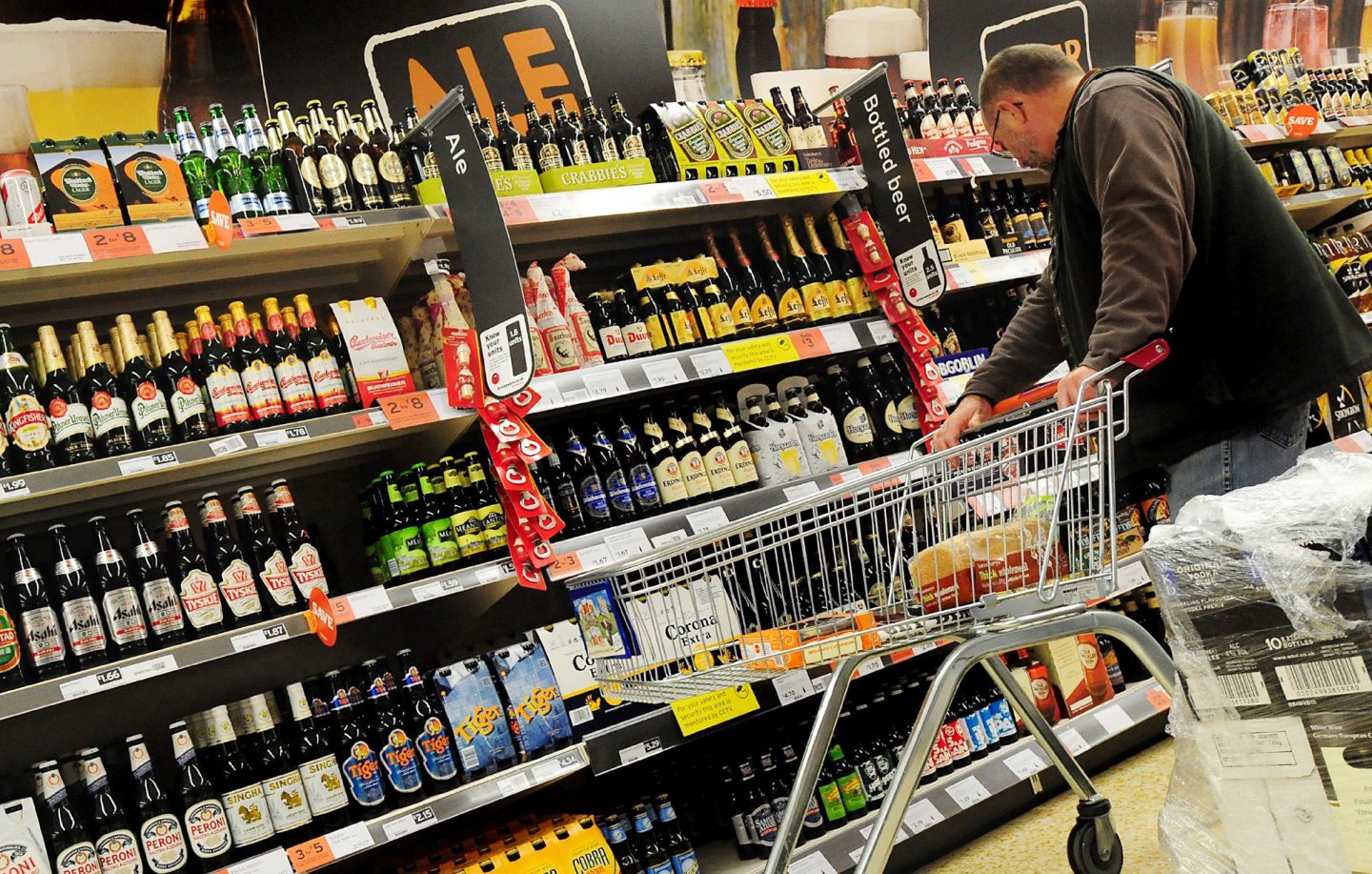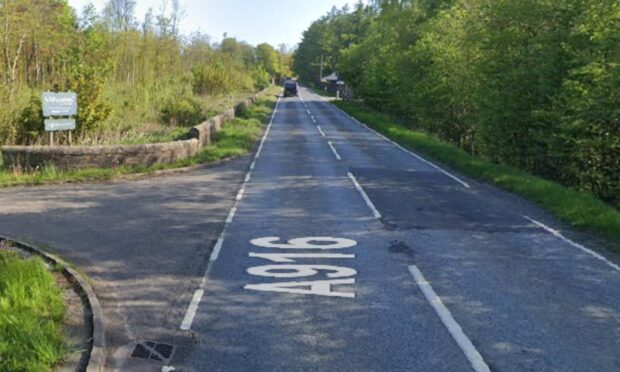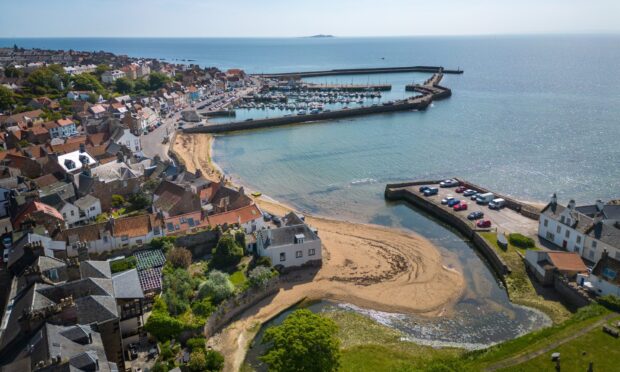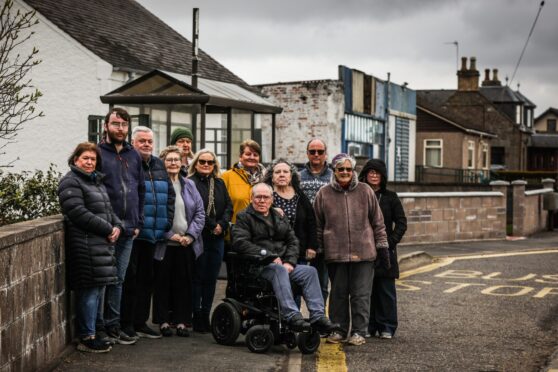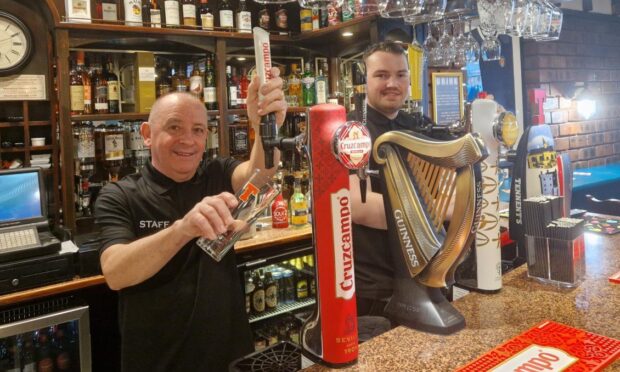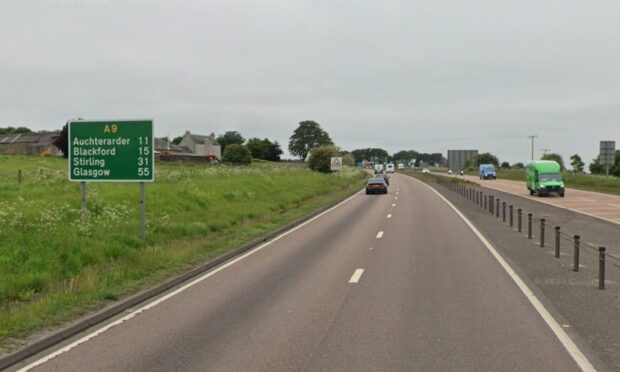Dundee’s drug crisis is “overshadowing” the city’s success regarding alcohol-related deaths, according to the boss of a regional support service.
A recent report into the impact of Scotland’s minimum unit pricing (MUP) policy suggested the measure may not be curbing drinking for those most at risk.
The study, published in BMJ Open, said the measure was not associated with reduced consumption in younger, more deprived, or heaviest drinking men – those the policy was primarily designed to target.
Evaluations of the policy have been positive overall, showing a general fall in alcohol purchases, use, and heavy drinking, but many of these studies have been based on alcohol sales or household expenditure.
However, Kathryn Baker, chief executive of Tayside Council (TCA) on Alcohol said MUP was a “complex picture” and that early reports on the policy are potentially “premature”.
“I think the first thing that I would say is that the minimum unit pricing was never designed to be a quick fix and in a way, I do feel that it’s probably still too early to look at what the impact is,” she told the Tele.
“I think we also need to be aware that we’ve just had a pandemic and alcohol is a big way of coping for a lot of people.
“What we do know is that fatality numbers for Tayside and Dundee are at their lowest for 20 years, so we know that we are seeing a downward trend in alcohol consumption and alcohol-related deaths to some extent.”
“I think that in Dundee particularly, we have been very overshadowed with the news around drug deaths.”
Last week a damning final report from the national Drug Deaths Taskforce branded record drugs fatalities over the past five years a “disgrace” called for a change of culture at the very top, delivering more than 100 recommendations to ministers.
The report made headlines across the country and heaped more pressure on Nicola Sturgeon’s government to act over the drugs crisis.
While acknowledging the gravity of the drugs crisis, Ms Baker said the issue may have eclipsed Scotland – and Dundee’s – success in tackling alcohol-related fatalities.
The 2022 Monitoring Report from Public Health Scotland, published in June, found that prior to the COVID pandemic, alcohol-related mortality rates in Scotland had fallen by about a third from their peak in 2003 to 2006, while the rate for men in 2019 was the lowest since 1996.
Much of this falling mortality was among those living in deprivation. The 2019 figures showed a fivefold alcohol mortality gap between the poorest and richest Scots – half of what it had been 15 years before.
Writing for the Alcohol Health Alliance this month, Dr Peter Rice, President of the European Alcohol Policy Alliance, said: “There are good grounds to be confident that effective alcohol policy contributes to narrowing Scotland’s substantial health inequalities between rich and poor.”
Ms Baker feels that these figures, and Dundee’s own success in tackling alcohol-related fatalities, is being eclipsed by the drug death crisis.
But the pandemic has also presented new challenges for her TCA.
“I think it would be really refreshing to see a focus on alcohol because there’s no doubt it absolutely is still an issue for Scotland,” she said.
“I think we have absolutely seen an increase over the pandemic in people for the first time accessing our service.
“Over the course of the pandemic, we have seen people who we would not normally see who’s drinking has become problematic over the pandemic.
“We’ve seen folk who have jobs and have been working at home, they’ve seen a gradual increase in their consumption of alcohol that absolutely is in relation to working at home, stress and anxiety.
“They’re working and they’ve got an income so you’re talking about people who are probably not impacted by minimum unit pricing, because they’re drinking higher end drinks.
“So they’re drinking nice wines or nice whiskey and minimum unit pricing was designed to impact on the lower priced high alcohol intake.
“These are people who usually require a fairly short term intervention, because the social support is around them.
“I think these are generally people who have never had an issue with alcohol previously and need an intervention so that they return to a reasonably okay-ish use of alcohol.”
Ms Baker said that while there has been progress, the introduction of MUP is just one way to tackle an ongoing issue.
“I think the UK is pretty high or tops the figures for Europe and certainly in the four nations that make up the United Kingdom, Scotland is right up there,” she said.
“I think the minimum unit pricing is part of the story in how we shape and change our relationship with alcohol culturally, and that’s something that isn’t going to happen in a year, it’s not going to happen in five years, it’s not going to happen in ten years but it will be a creeping effect over a longer period of time.
“This is a problem that requires a long-term solution and long-term analysis.”

